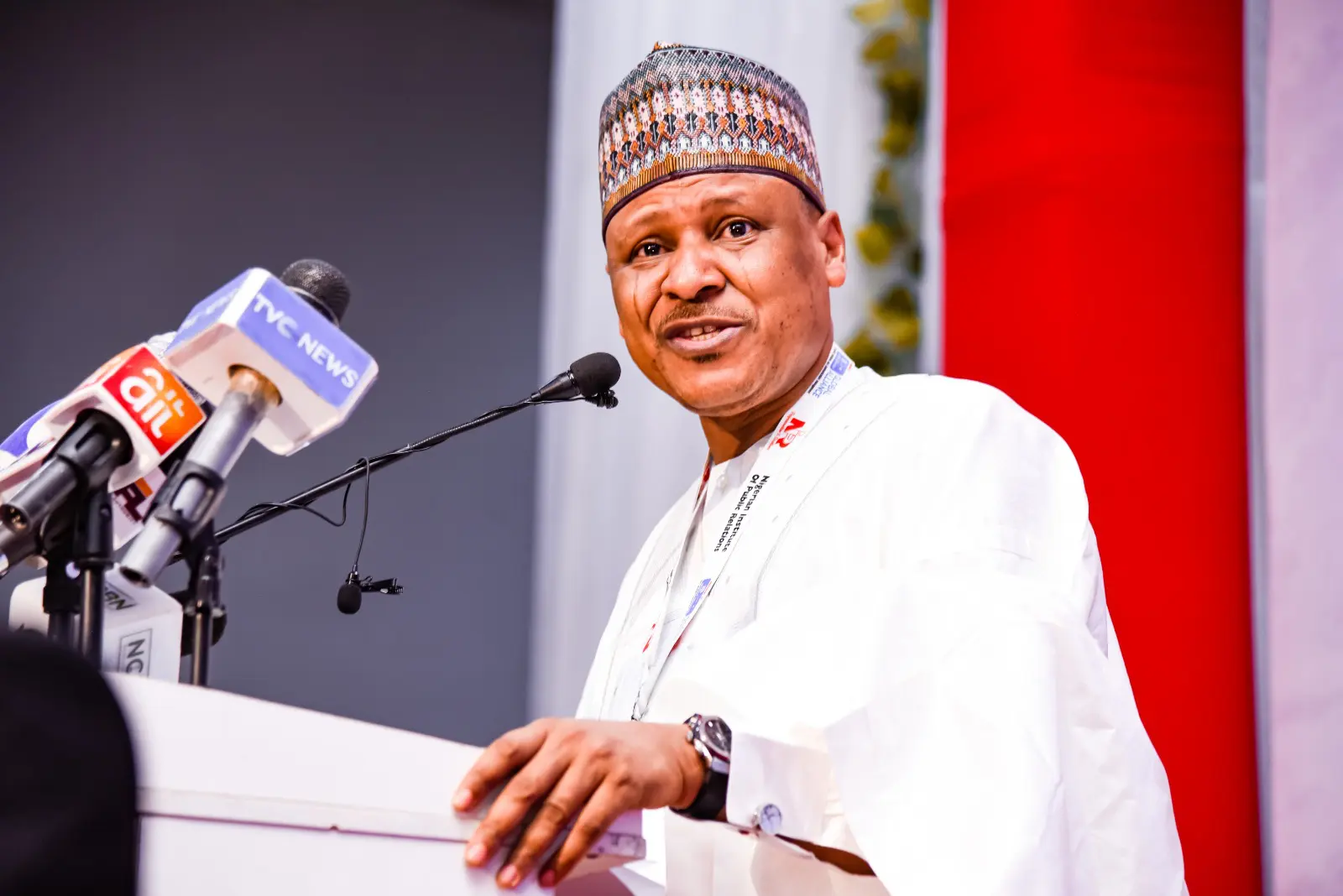
Nigeria’s decision to suspend the export of raw shea nuts is a strategic move to unlock the country’s untapped economic potential and reposition it as a major player in the global shea value chain, according to the Minister of Information and National Orientation, Mohammed Idris.
Speaking at the 20th Northern Zonal Accountants’ Conference of the Institute of Chartered Accountants of Nigeria (ICAN) in Minna, Niger State, Idris emphasized that the policy shift is not a mere administrative decision, but a deliberate economic reform with wide-ranging benefits for rural communities and the nation’s economy at large.
The Minister, who was represented at the event by the Director General of the Voice of Nigeria, Jibrin Baba Ndace, said the temporary suspension of raw shea exports announced by President Bola Tinubu is designed to foster local processing, value addition, and job creation.
“This is not just a policy experiment. By insisting that more of our shea be processed locally, the President is ensuring Nigeria which produces over 50% of the world’s shea takes its rightful place as a global leader in high-value shea products,” Idris stated.
Niger State, considered the epicentre of shea production in Nigeria, is expected to reap substantial economic benefits from the ban. The policy, according to Idris, will stimulate local investment, encourage technology transfer, and help build processing capacity across producing states.
The initiative, he said, is aligned with President Tinubu’s Renewed Hope Agenda, which prioritizes inclusive growth, youth and women empowerment, and deeper integration into global markets.
Idris also commended the National Shea Products Association of Nigeria (NASPAN) for supporting the policy direction, noting that the Federal Government is creating an enabling environment for the shea industry to thrive.
Addressing the conference theme “Socio-Economic Potentials, Accountability and National Re-orientation: Unlocking Nigeria’s Future” the Minister stressed the centrality of accountability in achieving national progress.
“To unlock Nigeria’s future, we must embrace the right values, hold our institutions accountable, and put the country first in all we do,” he told the gathering of accountants.
He highlighted the administration’s ongoing reforms aimed at repositioning Nigeria’s economy through fiscal discipline, infrastructure renewal, digital innovation, and human capital development.
Idris cited several key projects that reflect the government’s commitment to equitable development, including:
- The Lagos–Calabar Coastal Superhighway
- The Badagry–Sokoto Superhighway (with 125 km passing through Niger State)
- The Eastern Rail Corridor rehabilitation
- Establishment of Regional Development Commissions
These efforts, he noted, are underpinned by systems like the Treasury Single Account (TSA) and the Government Integrated Financial Management Information System (GIFMIS) to curb wastage and promote transparency.
The Minister also pointed to Nigeria’s improved ranking in the Transparency International Corruption Perceptions Index, which saw the country move up from 145th to 140th between 2023 and 2024 a sign, he said, of genuine reforms bearing fruit.
He credited this progress to key policies such as:
- Fuel subsidy removal
- Exchange rate unification
These measures, he argued, have eliminated major leakages and redirected national resources towards impactful investments.
In closing, Idris urged accountants and other professionals to take a front-row seat in Nigeria’s reorientation process by championing transparency, integrity, and good governance.
“We count on your professionalism and leadership to inspire a culture of accountability that strengthens our democracy and supports sustainable development,” he said.
He reaffirmed the Federal Government’s commitment to national renewal, emphasizing that progress requires a whole-of-society approach anchored on shared values and responsible leadership.



